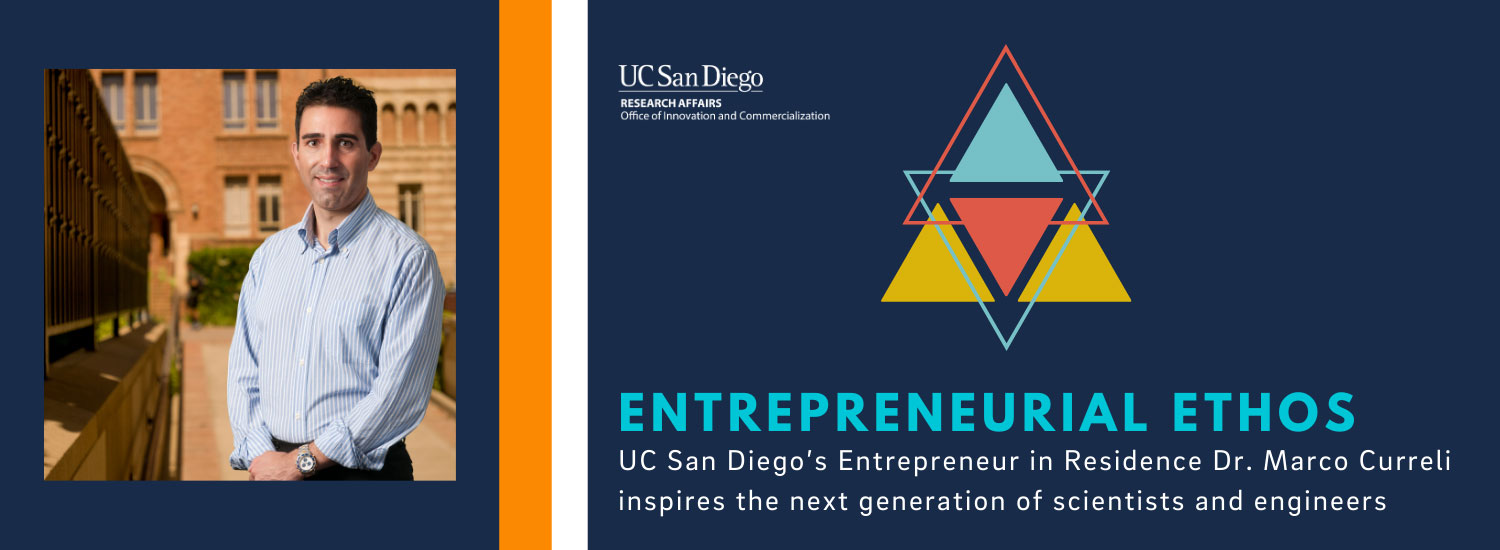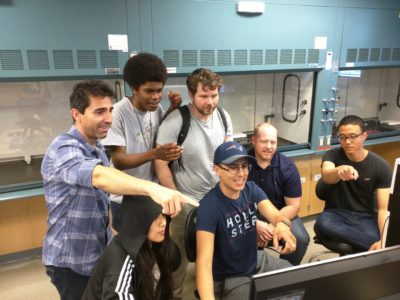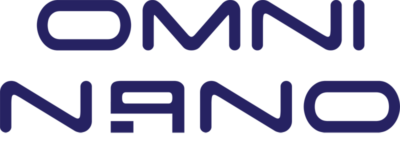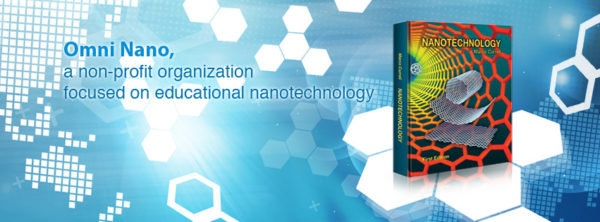
UC San Diego’s Entrepreneur in Residence Dr. Marco Curreli inspires the next generation of scientists and engineers
April 6, 2021
Instilling cutting-edge science and technologies into the youth of today, Dr. Marco Curreli explores new, uncharted territories, founding a non-profit devoted to providing high-quality nanotechnology/STEM education to high school and college students
 Research scientist, educator, tech and social entrepreneur, Dr. Curreli has helped inspire youth to pursue STEM majors, offering in-depth education, interactive workshops, accredited courses and more.
Research scientist, educator, tech and social entrepreneur, Dr. Curreli has helped inspire youth to pursue STEM majors, offering in-depth education, interactive workshops, accredited courses and more.
We had the pleasure of connecting with Dr. Marco Curreli to learn more about the future of nanotechnology and how its cutting edge science can transform the job market.
You specialize in nanotechnology. What should people know about its potential to impact everyone's future?
Nanotechnology is one of those emerging fields of science and engineering transitioning from academic labs into commercial products. Nanotechnology produces new materials that can be used to build the next generation of everything, with major impacts expected in healthcare, electronics, energy production and storage, water purification, additive manufacturing, etc. Because all physical objects are made of some material, nanotechnology can impact everything around us.
"The nanotechnology products on the market today are also the result of innovative research taking place at UC San Diego and, in particular, at the Qualcomm Institute (QI)."
The nanotechnology products on the market today are also the result of the innovative research taking place at UC San Diego and, in particular, at the Qualcomm Institute (QI). In fact, QI houses "Nano3," an advanced center for cutting-edge research in Nanoengineering, Nanoscience, and Nanomedicine. For young students (high school and community college), learning how nanotechnology is literally changing the world is inspirational and motivational.
QI and I are collaborating on curricula and educational content so that nanotechnology can be offered as an elective science course in high schools and as a certificate program in community colleges.
As the Founder of a non-profit organization focused on nanotechnology education, tell us about your journey into Omni Nano's work and working alongside high school students?
Omni Nano was founded in 2012 to inspire today's students to become interested in and passionate about pursuing further STEM education, in particular nanotechnology. We develop educational resources to offer modern science/STEM courses in nanotechnology in order to close the gap between existing science curricula and the science and technology of the 21st century, locally, across America, and all over the world.
The demand for our online STEM content has skyrocketed during the past year. I believe that investing in STEM education today will result in a more skilled workforce in the future, and these individuals will ultimately make significant contributions to the health and prosperity of the world. Omni Nano is currently the only 501(c)(3) non-profit in California with programs in nanotechnology education for high schools.
"My goal is to inspire students to better our world by becoming nonotechnologists, scientists, and engineers - regardless of their ethnicity, nationality, or socioeconomic background."
My goal is to inspire students to better our world by becoming nanotechnologists, scientists, and engineers – regardless of their ethnicity, nationality, or socioeconomic background. With almost half of the world's population connected to the internet, Omni Nano is poised to reach billions of learners and to help support millions to better their lives and our planet by learning nanotechnology.
How does your work at Omni Nano help increase the representation of underserved students in STEM majors, and why it's important to do so?
 As a non-profit organization, our mission is to inspire the next generation of scientists, engineers, and entrepreneurs of nanotechnology, independently of the students' location or socioeconomic background. We take great pride in working with schools and students that otherwise would have never had the opportunity to learn nanotechnology.
As a non-profit organization, our mission is to inspire the next generation of scientists, engineers, and entrepreneurs of nanotechnology, independently of the students' location or socioeconomic background. We take great pride in working with schools and students that otherwise would have never had the opportunity to learn nanotechnology.
Over the past seven years, Omni Nano has worked exclusively with public schools, with the majority being "Title I" schools, meaning that at least 40% of students are from low-income families.
We believe it's important to invest in these students as creativity (ability to coincide an invention) often sparks from someone's life necessities and living circumstances. In these circumstances, a creative mind can develop new ideas and inventions fueled by the necessity to improve their daily lives. By teaching nanotechnology to these underserved students, Omni Nano empowers them with the knowledge, tools, and mindset to invent and design new products one day.
What is the best advice you would give to aspiring social entrepreneurs and future changemakers for STEM education?
STEM education is a rapidly evolving multidisciplinary subject. Creating content for STEM courses must connect basic scientific and engineering principles to those technologies solving the world's biggest problems. If students don't see an inspiring application related to all those formulas and equations they need to learn, they might lose motivation. Modern STEM curricula must teach students to ask good questions rather than providing good answers.
With the rapid advancement in artificial intelligence (AI) and all the knowledge in the world available on a cell phone, any electronic device will soon be able to provide all the answers we need and solve all the equations. However, AI still cannot pose an interesting question related to an unsolved problem in medicine, energy, or indoor air purification. This is probably one of the major challenges facing education, which has been a sector that is always many years behind with what the job market requires.
Describe and share one of the most valuable lessons gained from a mentor in your journey?
 I had many short-term mentors in my life for different goals I had. One lesson that turned out to be "always current" for me was: 'The technology itself is the easiest part in a startup company. The business part is much harder.' Meaning that the founders of a technology company have spent many years developing and optimizing their product, which works for sure. However, a functional prototype or product most of the time does not always result in a successful commercial product for many reasons. I see this over and over.
I had many short-term mentors in my life for different goals I had. One lesson that turned out to be "always current" for me was: 'The technology itself is the easiest part in a startup company. The business part is much harder.' Meaning that the founders of a technology company have spent many years developing and optimizing their product, which works for sure. However, a functional prototype or product most of the time does not always result in a successful commercial product for many reasons. I see this over and over.
"One lesson that turned out to be 'always current' for me was this: 'The technology itself is the easiest part in a startup company. The business part is much harder.'"
What interested you in sharing your passion as an Entrepreneur in Residence at UC San Diego?
Graduate students in science and engineering disciplines spend many years creating unique technologies. These graduate students (and postdocs) have great ideas, work hard, even file for patents, but often do not know how to start a company that further develops that technology into a commercial product.
Some of these graduate students may have an entrepreneurial spirit but don't know where to start. However, with the proper guidance and mentoring, these graduating students get started with their business idea.